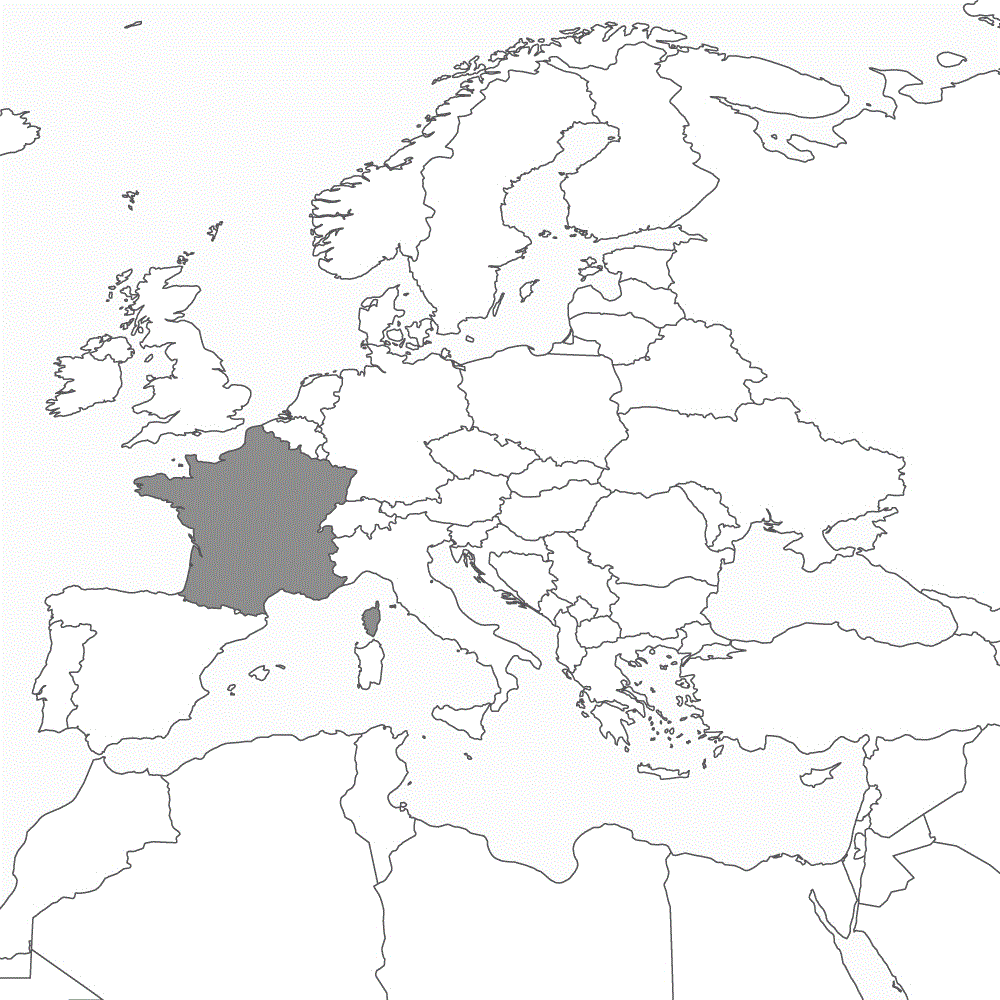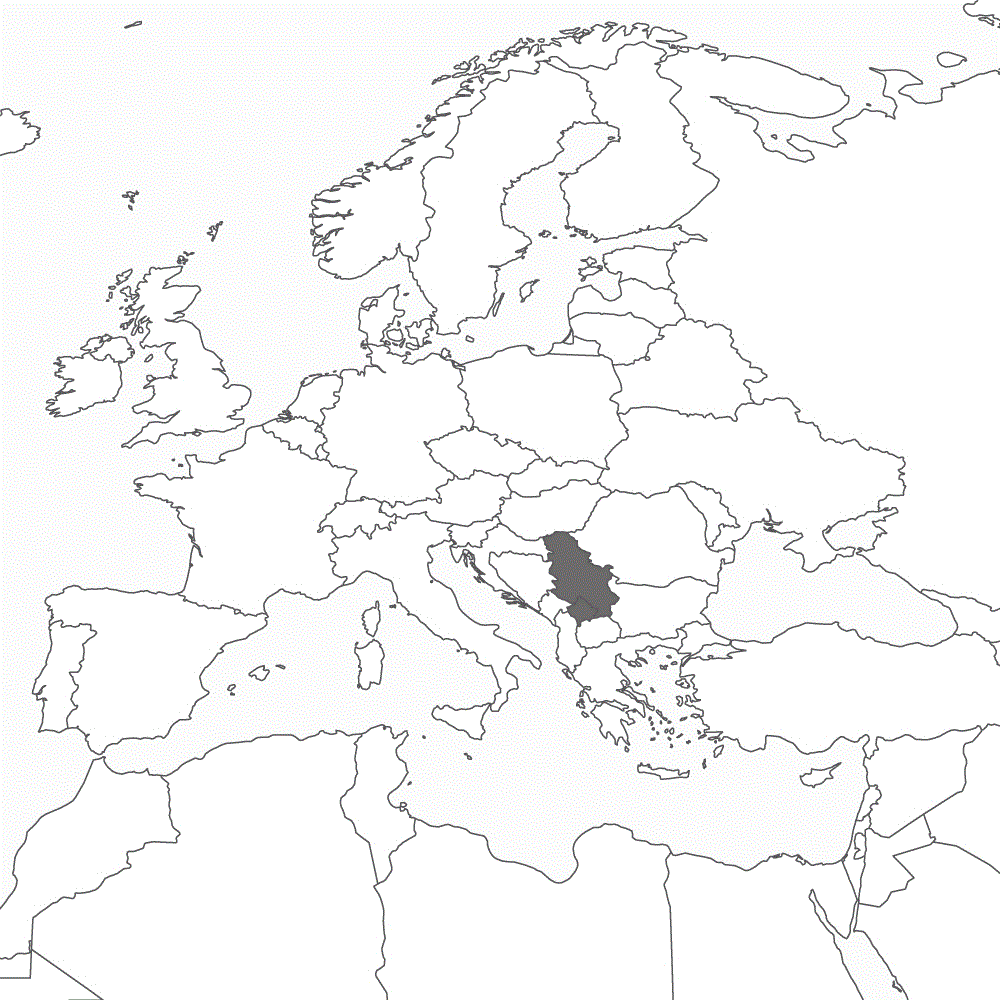No ceasefire wanted
A new study traces efforts to achieve a ceasefire in Ukraine since 28 February 2022: Russia’s repeated attempts to halt the fighting have been ignored by the collective West.
BERLIN/KIEV (own report) – The first, almost successful, negotiations to end the Ukraine war began two years ago yesterday, on 28 February 2022. We have been reminded of this by a recently published study by a military expert: retired Bundeswehr Colonel Wolfgang Richter, a former military adviser to the German missions to the UN and the OSCE. Those talks opened a path to compromise in late March 2022. The deal would have centred on neutrality and EU accession for Ukraine, and Russian troop withdrawal. The talks brought an early peace “within reach”, argues Richter, who now works for the Geneva Centre for Security Policy (GCSP). The main reason for their failure, apart from the “resistance” from Ukrainian nationalists, was the “massive influence exerted by representatives of Western governments”, who vigorously urged Kiev to continue the war. Moreover, the New York Times has reported on a proposal by Russian President Vladimir Putin for a freeze on frontline movements and a ceasefire as early as autumn 2022, and then again in September 2023. Kiev and the West have consistently rejected these offers. They insist on seeking to achieve victory at all costs. It is from this stance that Europe is now discussing the deployment of boots on the ground. Read more
The will to world war
Despite warnings from the US, Berlin presses for a Ukrainian military victory over Russia. Supplying Taurus will move Germany closer to war, but media say: don’t be scared!
BERLIN (own report) - In Germany, the second anniversary of the Russian attack on Ukraine has been marked by noisy sloganeering: calls to keep on fighting until Russia is defeated, and scorn for those who question the logic of ever more lethal weapons for Kiev. “They’re just scared”. From the United States come warnings that Ukraine will lose the war. Some voices within the US administration are now urging President Volodymyr Zelensky to negotiate with Russia. Yet Berlin is doubling down: Moscow must “lose this war”. The leader of the main opposition party in the Bundestag, Friedrich Merz (CDU), says bluntly that there should be “no negotiations” before Russia capitulates. Surveys indicate that not many agree: only 10 to 25 per cent of the German population think a Ukrainian victory is likely. Majorities expect a Russian victory and oppose further arms deliveries. Yet leading German media have joined in the ridiculing of Chancellor Olaf Scholz for his current stance against handing over Taurus cruise missiles to Kiev. He should, they say, stop being “scared”. Any fears are, of course, based on the well-founded assumption that Moscow would interpret the delivery of the Taurus as Germany going to war. Meanwhile, domestically Germany is in a downward spiral. The sharp rise in military spending is accompanied by social cuts and economic decline: “guns without butter”, as one economist quips. Read more
Getting ready for war (III)
The Bundeswehr is propelling a militarisation of civil society with its “Operationsplan Deutschland”. Military planners want to integrate civilian resources for combating Russia.
BERLIN (own report) - The still confidential “Operationsplan Deutschland” (Operations Plan Germany) announced by the Bundeswehr sets out not only military measures but also comprehensive steps towards a militarisation of German society as a whole. To discuss the details of the plan, conceived under the motto “Germany. Together. Defend”, Lieutenant General André Bodemann, Commander of the Bundeswehr Homeland Defence Command, Lieutenant General André Bodemann, invited “around 300” experts to Berlin at the end of January for an “intensified exchange of ideas between military and civilian actors”. The event brought together representatives from politics, police forces, technical relief organisations, fire services, academia, the media and business (particularly the energy and logistics sectors) as well as allied countries. The deployment of civilians and reservists is intended to free up military potential for operations in the east. Saxony’s Interior Minister Armin Schuster noted that Germany had already “learnt a lot” in terms of civil-military cooperation to combat “forest fires, pandemics and floods”. But “specifically on the question of leadership”, there was “no experience with war”. And a representative of the Federal Interior Ministry said Germany needed to be “less uptight” when “talking about war”. Read more
Lose-lose dynamics
Munich Security Conference 2024: organisers warn of escalating global power struggles and “lose-lose” dynamics in which everyone might lose.
MUNICH (own report) – Ahead of the Munich Security Conference, which begins today, the organisers are warning of the emergence of disastrous “lose-lose” dynamics in international relations. According to the Munich Security Report 2024, the foreign policy analysis that frames conference debates, power struggles around the world have become so intense that there is a real danger of everyone losing out. The event, which will attract more than 50 heads of state and government, around 60 foreign ministers and over 25 defence ministers over this weekend, is being held for the 60th time this year. The security conferences of the past ten years offer a useful guide to trends in global politics and great-power struggles. While the 2014 Security Conference showcased as an ambitious move by Germany to kick-start a global political offensive, the very next conference began to centre on competition between the major powers. Indeed, by 2019 debates had briefly taken up European concerns that the EU would be squashed in the tussle between global powers, and in 2020 discussion moved on to the prospect of a world no longer be dominated by the West. Read more
The social democratic bomb
SPD lead candidate for the European elections won’t rule out EU procuring nuclear weapons. Paris offers to extend the French nuclear umbrella, while media float the idea of a German bomb.
BERLIN/PARIS (own report) - The SPD’s lead candidate for the upcoming European elections, Katarina Barley, is not ruling out the procurement of nuclear weapons by the EU. “On the path to a European army,” says Barley on Tuesday, an EU nuclear bomb “could also be a on the table.” Other politicians have in the past advanced this view, most notably former German Foreign Minister Josef Fischer (Alliance 90/The Greens), who has called for the EU to have “its own nuclear deterrent”. French President Emmanuel Macron is holding out the prospect of extending the French nuclear umbrella over the EU, while German media voices have again discussed the taboo-breaking idea of Germany’s own bomb. The call for Germany, or alternatively the EU, to arm itself with nuclear weapons is nothing new. Nuclear options were openly discussed in the wake of Donald Trump’s election victory in the 2016, and then again during his 2020 US election campaign. The reason given at both conjunctures was the perceived need for a replacement deterrent in the event of the US removing its nuclear shield across Europe. The latest demands are accompanied by a clamour for an unprecedented conventional arms build-up, with hawks citing a sum of 300 billion euros for new weaponry. Read more
The Butcher
Berlin drives up ammunition production for Ukraine. Experts say 5,000 artillery shells a day are needed. Kiev can’t find enough soldiers for the front. A new commander-in-chief: nicknamed the “Butcher”.
KIEV/BERLIN/UNTERLUESS (own report) – The Inspector General of the Bundeswehr, Carsten Breuer, has held talks in Kiev with the new commander-in-chief of the Ukrainian armed forces, Olexander Syrskyj. The discussions covered future German arms supplies. Syrskyi had replaced the previous army chief Valery Zaluzhnyi a week earlier. Zaluzhnyi’s relationship with President Volodymyr Zelensky had been considered irreparably damaged since autumn 2023, especially after Zaluzhnyi had declared Ukraine’s June offensive a failure. Indeed, in his view, formulated in an article for the British Economist magazine, the war was de facto unwinnable. Zelensky has now replaced him with Syrskyi, a military leader who is nicknamed the “butcher”. He has a reputation for ruthlessly sending large numbers of soldiers to certain death. His appointment has unsurprisingly been greeted with dismay by elements in the Ukrainian military. The armed forces are already suffering from a shortage of personnel. It is reported that units on the front line have barely 35 per cent of the personnel numbers originally planned. Ukrainian forces also lack ammunition. Chancellor Olaf Scholz is expected to attend the laying of the foundation stone for another Rheinmetall ammunition factory in Unterlüß on 12 January. Read more
More NATO for Kosovo
German Defence Minister Pistorius in Pristina: Bundeswehr to boost troop numbers in Kosovo as tensions rise – after 25 years of NATO presence. Several countries have withdrawn recognition of Kosovo.
BERLIN/BELGRADE/PRISTINA (own report) - During a visit to Pristina yesterday (Monday), Defence Minister Boris Pistorius confirmed plans to increase German troop numbers in Kosovo. In April, the Bundeswehr will deploy more than 150 additional military personnel. Germany has stationed soldiers in the former autonomous province for almost twenty-fife years within the NATO framework. Berlin and the West had promised to pacify the territory after the 1999 war of aggression against Yugoslavia conducted by NATO in violation of international law. Yet tensions have again risen sharply along the ethnic divide since a nationalist prime minister took office in Pristina in March 2021. He has instigated aggressive actions against Serbian administrative structures. Primarily in the four Serbian-speaking communities in northern Kosovo, these arrangements have so far been generally tolerated and have enabled tolerable coexistence. The entities are indispensable for the education and healthcare of the Serbian-speaking minority. In Belgrade there is some speculation about a possible return of at least parts of Kosovo in the event of a future shift in the global power balance. The number of states that officially recognise Kosovo is already declining. Read more
The legal arm of NATO
The International Court of Justice (ICJ) has rejected Ukraine’s case against Russia. Berlin, Washington and NATO now want a special tribunal to prosecute Moscow while side-stepping established international law.
KIEV/THE HAGUE/BERLIN (own report) - The International Court of Justice (ICJ) in The Hague has largely dismissed a lawsuit brought by Ukraine against Russia. The ruling clearly runs counter to Western interests, now for the second time in just a few days. Kiev initiated proceedings against Moscow back in 2017. The charges were mainly based on accusations of Russian financial support for eastern Ukrainian separatists and repression of Ukrainian and Tatar minorities in Crimea. The ICJ does not share this interpretation of events. It merely accuses Moscow of insufficiently promoting the Ukrainian language in school teaching in Crimea. This major institution of international law cannot now be relied on to support Western claims. In response, Berlin, Washington and NATO have begun to work on setting up parallel structures. A special tribunal is to be established to condemn Russia’s attack on Ukraine. It is to be installed solely for this purpose, and thus exclude potential prosecutions for waging wars of aggression, in violation of international law, against Iraq or the former Yugoslavia. The West is effectively discarding the idea of equality of all states before international law. Read more
GERMAN-FOREIGN-POLICY.com
Information on German Foreign Policy: News + Interviews + Analyses + Background



